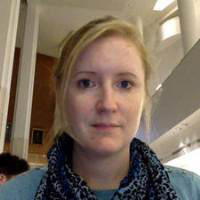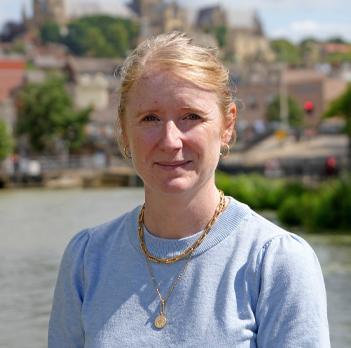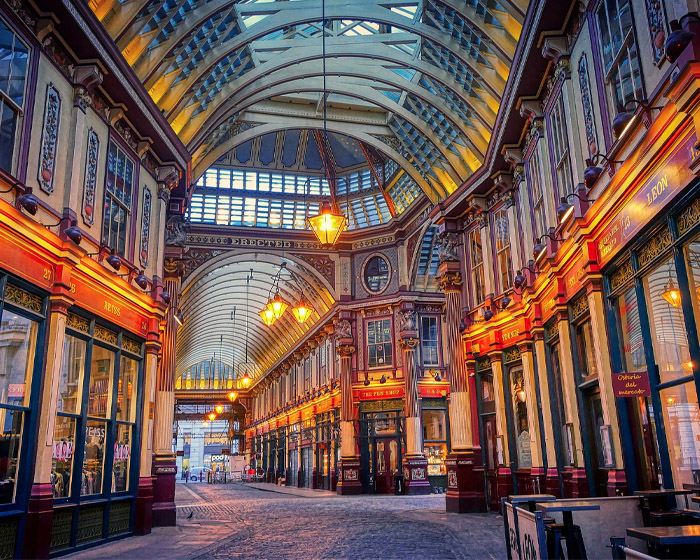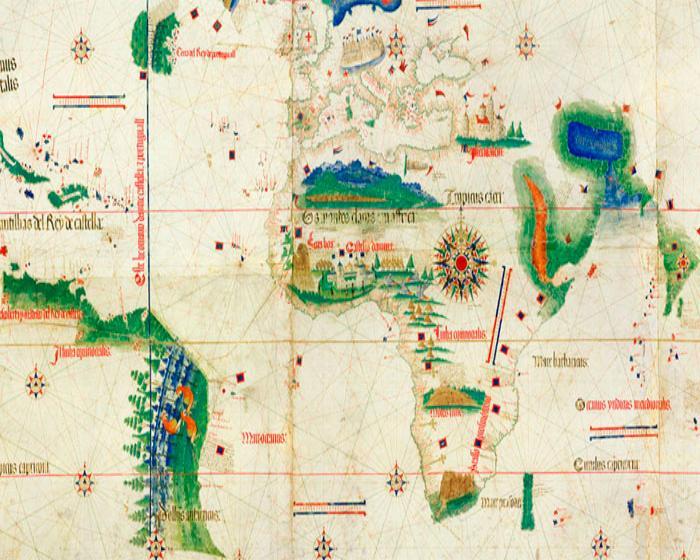Tracing the Stories of Colonial-era Collections in Britain's Museums
Thousands of objects across museums in Britain were brought to this country as a result of the expanding British Empire. Throughout the colonial era, administrators, doctors, teachers, missionaries, sailors and soldiers (among many others) accumulated objects from local communities around the world and donated or sold them to British museums.
Numerous objects were looted and stolen as part of military campaigns, while others were coercively extracted from their owners. Some were purchased, or received as gifts, but were nonetheless acquired against the backdrop of the unequal power dynamics of colonialism. In the present day, such objects are naturally the subject of scrutiny by communities from which they originate. But there is still much work to be done to uncover the histories of how such material was collected.
Dr Sarah Longair, who is an Associate Professor in Lincoln's School of Humanities and Heritage, is directly addressing these questions through extensive archival research and object study. "Many objects arrived in museums with little or no context about their acquisition and scant details about the communities from which they came," explains Dr Longair. "These narratives have the potential to reveal much about the everyday imposition of colonial power, and the agency and resistance of colonised peoples in the formation of museum collections."
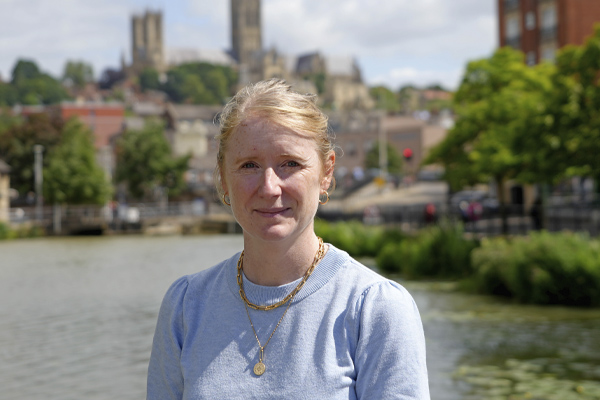
/prod01/university-of-lincoln-cdn-pxl/media/responsive2017/research/newresearch/Material,Objects,of,Empire,banner3,1600X600.jpg )
